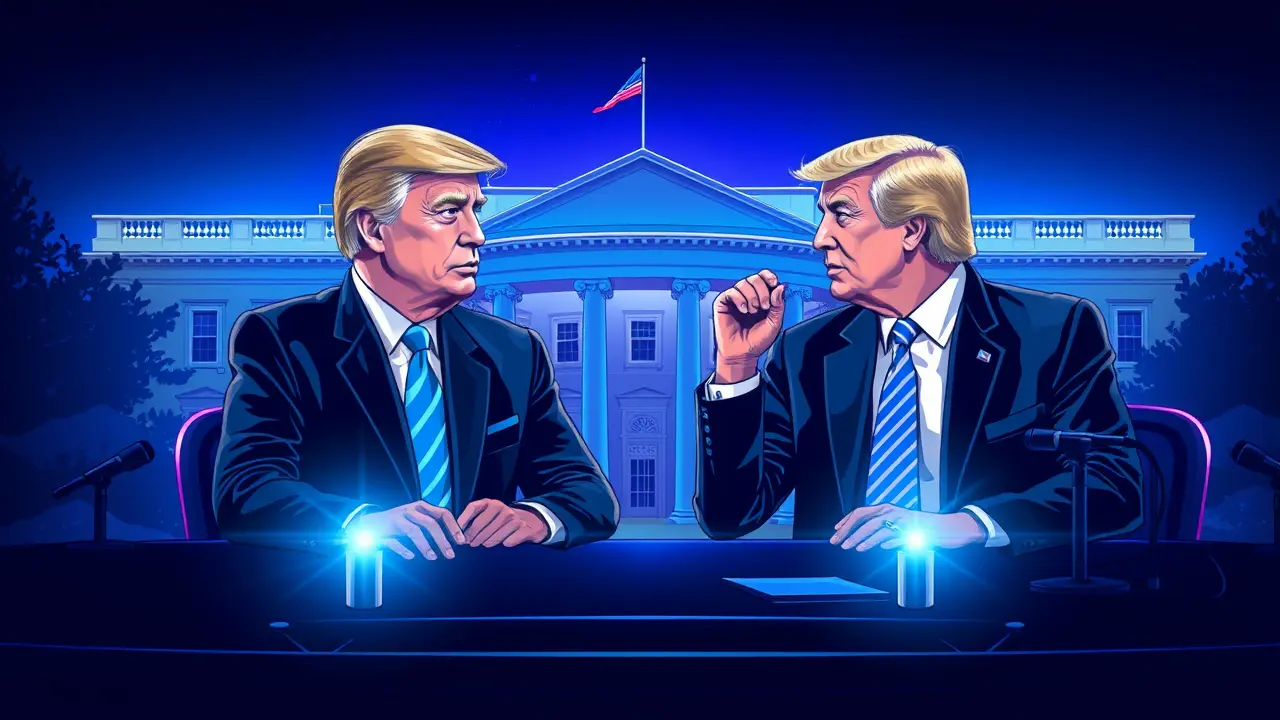Military seizes power in Madagascar, president in safe place.
The military's seizure of power in Madagascar has sent immediate shockwaves through the Indian Ocean region, a calculated move that promises elections within a two-year timeframe while the sitting president, Andry Rajoelina, defiantly insists he remains in control from an undisclosed safe location. This creates a classic and volatile scenario of dueling legitimacy, a power vacuum where the assertion of authority is everything.To understand the potential trajectories, one must look to the nation's own turbulent history; this is not its first coup, with similar upheavals in 2009 and earlier instances creating a recurring pattern of political instability rooted in deep-seated economic disparity and governance failures. The immediate risk scenario, with a probability I'd assess at 60%, is a protracted stalemate.The military, likely a faction within the armed forces rather than a unified institution, will seek to consolidate control by appointing a transitional government of technocrats or sympathetic political figures, attempting to project an image of stability for international partners and investors. Rajoelina, a media mogul and former mayor of the capital, Antananarivo, is a seasoned political fighter who understands the power of narrative; his ability to communicate from his 'safe place' will be critical in rallying his base and applying external pressure.The critical variable to watch is the reaction of the international community, particularly the African Union and the Southern African Development Community (SADC), both of which have strict anti-coup protocols. A swift condemnation and the threat of sanctions could force the military's hand, accelerating their proposed timeline or fracturing their internal cohesion.Conversely, a delayed or fragmented international response, perhaps due to geopolitical distractions or pre-existing frustrations with Rajoelina's administration, would embolden the junta. Another plausible scenario, with a 30% probability, is a rapid escalation into civil unrest.Madagascar's population, weary of political elites and facing severe poverty, could see this power struggle as an opportunity for mass protest, mirroring the 2009 uprising that initially brought Rajoelina to power. The military's response to street-level dissent will be the ultimate test of its resolve; a violent crackdown would trigger a humanitarian and refugee crisis, destabilizing the entire region.The wildcard, as always, is the economic impact. Madagascar is rich in natural resources like nickel and cobalt, and major mining projects, often backed by foreign investment, are highly sensitive to political risk.A freeze on development aid and a flight of capital would cripple the already fragile economy, creating a feedback loop of discontent that neither the military nor Rajoelina could easily contain. The two-year election promise is a standard playbook tactic, designed to buy time and manage international outrage, but the history of such transitions is fraught, often stretching far beyond initial deadlines as entrenched interests dig in.The coming 72 hours are crucial; we are watching for which foreign powers issue statements, whether key army units declare allegiance, and if Rajoelina can produce verifiable proof of his command and control. This is not merely a political crisis; it is a live-risk event with direct implications for regional security, global commodity chains, and the delicate democratic fabric of Southern Africa.
JA
Jamie Larson123k2 days ago
wait what another coup? smh feels like we just saw this happen a few years ago tbh
0
JA
Jamie Lawson123k2 days ago
but what if we're looking at this from the wrong angle and the two year election promise is just a tactic to buy time idk it feels like we've seen this exact playbook before
0
JA
Jamie Lawson123k2 days ago
ugh not again, this is so disappointing for the people there tbh
0
